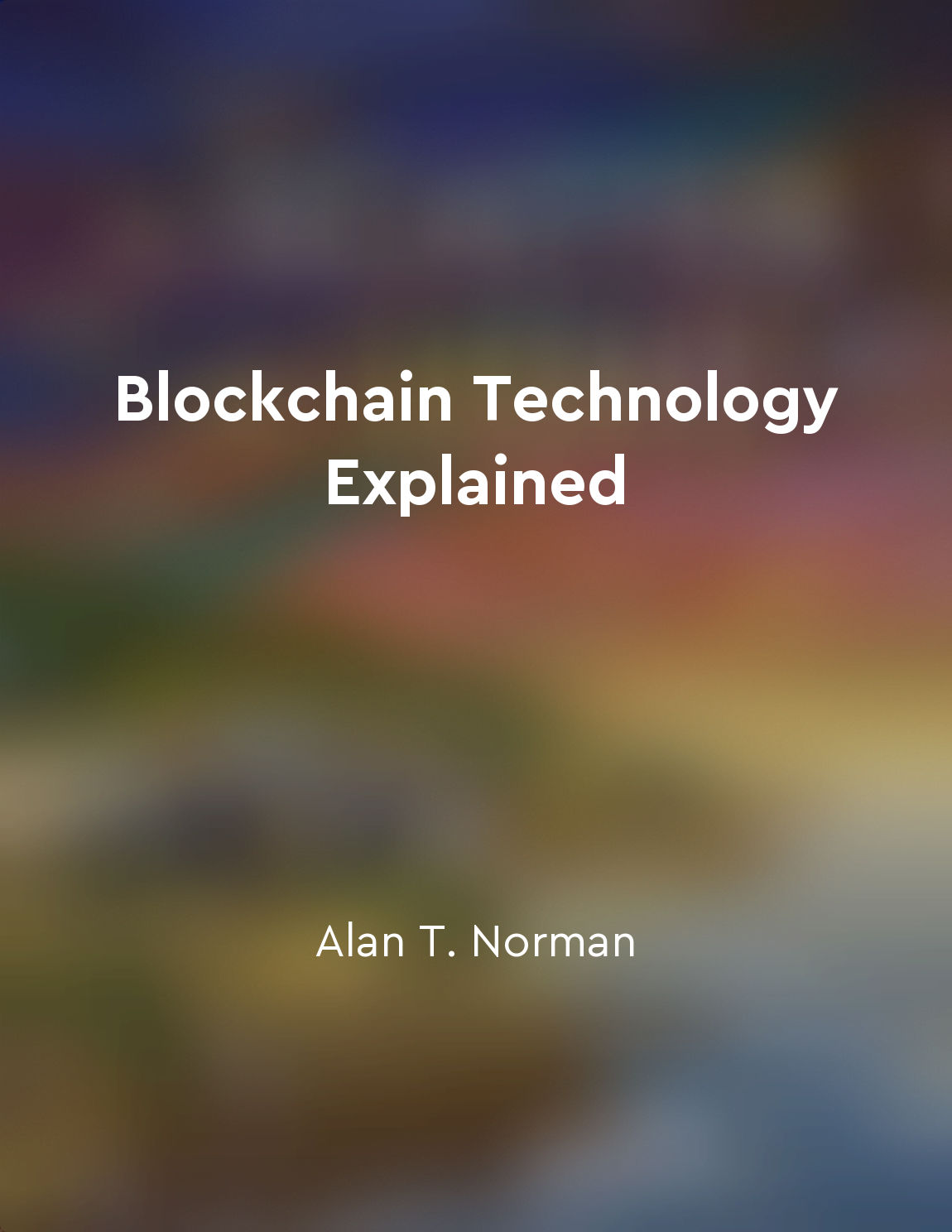Cryptocurrencies from "summary" of Radical Technologies by Adam Greenfield
Cryptocurrencies are virtual currencies that rely on cryptography to secure transactions and control the creation of new units. They are decentralized and exist solely in digital form, with no physical representation. Bitcoin, the first and most well-known cryptocurrency, was introduced in 2009 as a response to the global financial crisis, aiming to create a form of money that was free from government control and manipulation. The underlying technology that powers cryptocurrencies is known as blockchain, a distributed ledger that records all transactions in a secure and transparent manner. This technology enables users to send and receive funds without the need for a central authority, such as a bank or government. Transactions are verified by a network of computers known as miners, who use complex algorithms to ensure the integrity of the blockchain. The appeal of cryptocurrencies lies in their potential to revolutionize the financial system by providing a more efficient, secure, and inclusive means of conducting transactions. They offer lower fees, faster processing times, and greater privacy compared to traditional payment methods. Additionally, cryptocurrencies can be used for a wide range of applications beyond just financial transactions, such as smart contracts and decentralized applications. However, the rise of cryptocurrencies has also raised concerns about their impact on society and the environment. The energy consumption required to mine cryptocurrencies is significant, leading to debates about their sustainability. Furthermore, the anonymity provided by cryptocurrencies has made them attractive to criminals for illicit activities such as money laundering and ransomware attacks. Despite these challenges, cryptocurrencies continue to gain popularity and acceptance as a legitimate form of currency and investment. Governments and regulatory bodies are increasingly recognizing the importance of blockchain technology and are exploring ways to integrate it into their own systems. As the technology evolves and matures, the true potential of cryptocurrencies to transform the way we think about money and transactions will become increasingly apparent.Similar Posts

Bitcoin fosters individual sovereignty
Bitcoin's ability to foster individual sovereignty is a direct result of its decentralized nature. Unlike traditional fiat curr...
Blockchain can promote financial inclusion
The idea that blockchain can promote financial inclusion is a powerful one. By using blockchain technology, we can create a mor...
The potential of blockchain is vast and exciting
The potential of blockchain is vast and exciting. This technology has the power to transform industries, disrupt traditional sy...

Bitcoin as form of protest against traditional banking systems
In the world of finance, where traditional banking systems have long held sway, Bitcoin emerged as a rebellious force, challeng...
Introduction to Bitcoins and Blockchains
The world of Bitcoin and blockchain can seem complex and overwhelming at first glance. However, by breaking down the concepts i...

Sound money is essential for economic prosperity
Sound money is a fundamental requirement for a prosperous economy. Without sound money, individuals and businesses are unable t...

Financial institutions investing in blockchain technology
Digital Gold delves into the growing trend of financial institutions pouring money into blockchain technology. These institutio...
Blockchain can create trust in transactions
Trust is a crucial element in any transaction, whether it be between individuals, businesses, or even governments. Trust is wha...

Blockchain networks require consensus mechanisms to validate transactions and prevent doublespending
In order for blockchain networks to function effectively, they must have a way to ensure that transactions are valid and preven...
